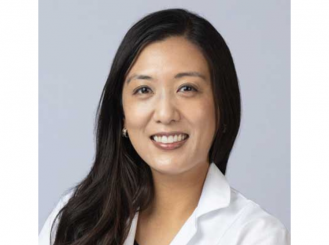Jan 12, 2023
Tell us about your experience in the ASCO Education Scholars Program (ESP). Are there any lessons or learnings from the ESP that are informing your work today?
JT: The ASCO Education Scholars Program was an incredible experience. Not only was I able to learn from some of the best minds in oncology education, but I also met and have stayed friends with fabulous colleagues from around the country and world. We have continued to collaborate on educational programs, research, and outreach and our reunions at the ASCO Annual Meeting are a highlight for me every June. It is so commendable that ASCO invests the time and training to have us study high-impact learning science theory that we can immediately apply to our daily lives educating trainees and patients, as well as apply in our work in the broader oncology community.
What do you wish you had known before you chose your career path?
JT: Do what you love! If you are passionate about studying liberal arts, performing arts, engineering, or the law, playing sports, or investing in unique hobbies, these time pursuits are not mutually exclusive but rather often complementary to a career in medicine. So many fields are valuable for the knowledge, background, and skillsets to do well in oncology and surgery. Not only do they keep us grounded in a world outside medicine, but we can correspondingly better relate to our patients and their perspectives.
Why would you recommend this field as a career to someone starting out in surgery and/or oncology?
JT: Surgery and oncology are incredibly rewarding career paths. I was drawn to the specialty of surgery due to the fast-paced, high-energy ability to produce tangible, immediate results for patients. I greatly enjoy that surgical oncology entails meticulously planned complex surgical care performed in a collaborative, multidisciplinary setting. I have been very fortunate to work with amazing teams of health care providers in and out of the operating room to deliver cancer care that is at the forefront of quality and late-breaking science.
What kind of person thrives in this professional environment?
JT: A person who enjoys being a leader and an advocate, who values teamwork and is a strong communicator. In surgery and oncology, we are constantly striving to do better by our patients in clinical care, surgical advances, and research into the next frontier of treatment options.

